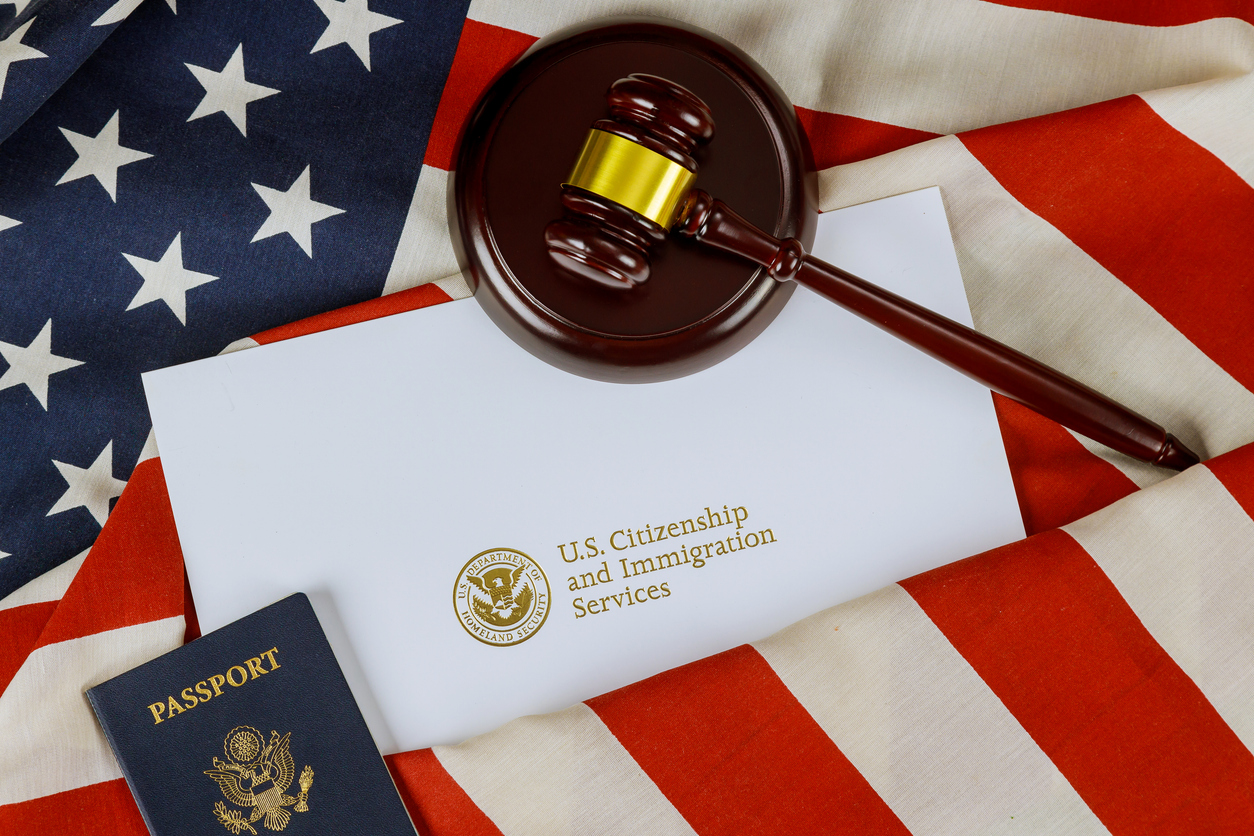Watch the video: Getting a green card if you are a victim of domestic violence. Or read immigration attorney Ifeoma Odunlami’s discussion overview and learn more below.
As an immigration attorney, I have focused my passion on helping people who are victims of domestic violence. Our mission is to help them get legal status so that they can empower themselves, get away from abuse and begin to live their lives.
Our immigration law firm represents clients in all 50 states. Don’t hesitate to contact us if you need assistance with immigration, especially if you are a victim of domestic violence.
As you watch the video or read this blog post, please share it because you might never know who might need help or is looking for guidance to see their options. You never know what is going on behind closed doors, so you could even save a life.
Watch the video: Getting a green card if you are a victim of domestic violence.
How to get your green if you’re a victim of domestic violence
Domestic violence awareness began in 1981 as a day of unity and has since expanded to a month of efforts designed to educate and end domestic violence.
As immigration attorneys, we are here to empower immigrants who are victims of domestic violence. But unfortunately, most immigrants do not want to get any legal authorities involved because they’re afraid they may be deported. Or they’re scared of getting into trouble. So they are not only victims of abuse, but they are victims because they feel like they can’t reach out for help.
There are several different ways a victim of domestic violence can receive a green card with the help of a green card lawyer.
VAWA
VAWA applies to women, men, parents, the LGTBQ+ community, and children. These are the requirements for VAWA;
Must be married to a U.S citizen or green card holder
Children of abusive citizens or lawful permanent residents who file before turning 21 (or 25 if the delay can is linked to abuse)
Parents of U.S. citizens (aged 21 and over)
Parent of abused children of U.S. citizens or lawful permanent residents.
You will also be required to provide the following;
Police clearance or FBI report to show lack of criminal history
Proof of marriage in good faith
Your good moral character ( for example, letters of recommendation, awards, etc.)
Identifying documents, including birth certificate, passport, driver’s license, and immigration documents proving your identity and current status
The immigration status of the citizen or LPR spouse, parent, or child
Proof of residence at some point with the abusive family member ( for example, a lease, utility bills, a letter from your landlord.)
Proof that you live in the United States
Evidence of abuse
VAWA does not care if you came in through the Border, if your Visa is expired, and VAWA doesn’t care if you have a sponsor. You don’t need a sponsor if you’re filing for VAWA. VAWA is very empowering. You need to step forward and take that first step, which is scary for many people. However, this video’s purpose is for you to know that you can take that first step without being afraid because your abuser will never know that you filed for VAWA. VAWA is confidential. You also don’t have to worry about your abuser because they will not get into trouble. Our immigration law firm is here to help you every step of the way.
If you need assistance getting away from your abuser, or you are afraid to leave because of financial reasons, you can call the domestic violence hotline at 1-800-799-7233, and they will help you get to a place of safety.
The next three are all considered humanitarian-type visas. This means it does not matter how you entered the country, if your Visa has expired, if you don’t have somebody to file an Affidavit of Support, or if you are not married to a United States green card holder.
U-Visa
The U Visa is specifically for victims of certain crimes who have suffered mental or physical abuse.
Crimes include;
Domestic violence
Felony assault
Sexual assault
Trafficking
Kidnapping.
These victims are helpful to either law enforcement or government officials in the investigation or prosecution of criminal activity. This means that these victims know about the crime, which could help the investigation and prosecution.
Special Immigrant Juvenile Status (SIJS)
SIJS is specifically for children or young adults (18 to 21) in the United States and can show that they have been abused, abandoned, or neglected by a parent. In addition, SIJS is a way for these individuals to obtain a green card in the United States.
You have to take a few steps to apply for SIJS, including appearing in family court, petitioning for SIJS status, and then applying for a green card.
T-Visa
T visa is a trafficking Visa. The trafficking can be labor trafficking which means you’re working for somebody who’s not paying you enough. This means they are taking advantage of the fact that you are undocumented, giving you little or no pay, or it could be sex trafficking.
Domestic Violence: Types of abuse
There are many types or forms of abuse. The most important thing is to tell your story and declaration for the abuse you suffered. Of course, physical evidence and police reports are helpful, but they are not necessary. However, you do not need evidence of injury to qualify for any of the above humanitarian pathways or humanitarian-type visas.
It is crucial that you contact an experienced immigration law firm like ours who have worked with victims of domestic abuse so that they can do an interview with you and go over your story. We want to present your story and help you gather evidence as we fully understand the law.
Types of abuse include;
Physical
Emotional/psychological (embarrassing, threatening, withholding information, controlling your life, etc.)
Verbal (shaming, name-calling, etc.)
Sexual (rape, sexual acts, etc.)
Financial (withholding money, destroying your belongings)
Digital (texting and bullying, harassing, stalking on social media)
If you are experiencing any form of abuse, you must seek help, try to document as much as you can, and take care of yourself. Your safety is your number one priority. You should seek medical care, contact the police, call the domestic violence hotline, and also contact an experienced immigration attorney who can help you tell your story and help you obtain your green card.
Remember, your abuser can not stop you from getting your green card. Your strongest evidence is your voice.
If you have been a victim of domestic abuse, have additional questions, or are looking for help, please contact the Odunlami Law Firm at 973-993-1900 or email us at iao@odunlamilaw.com.
We can help you will your immigration needs.
Areas of Immigration Law:
Adjustment of Status and Consular Processing
Criminal Consequences and Deportation Defense
Temporary Work Visas
Temporary Protected Status
Deferred Action for Childhood Arrivals
Subscribe to Our Email Newsletter
Sign up for Odunlami Law’s newsletter for helpful insights and guidance on your immigration journey. Subscribe today to stay informed.



